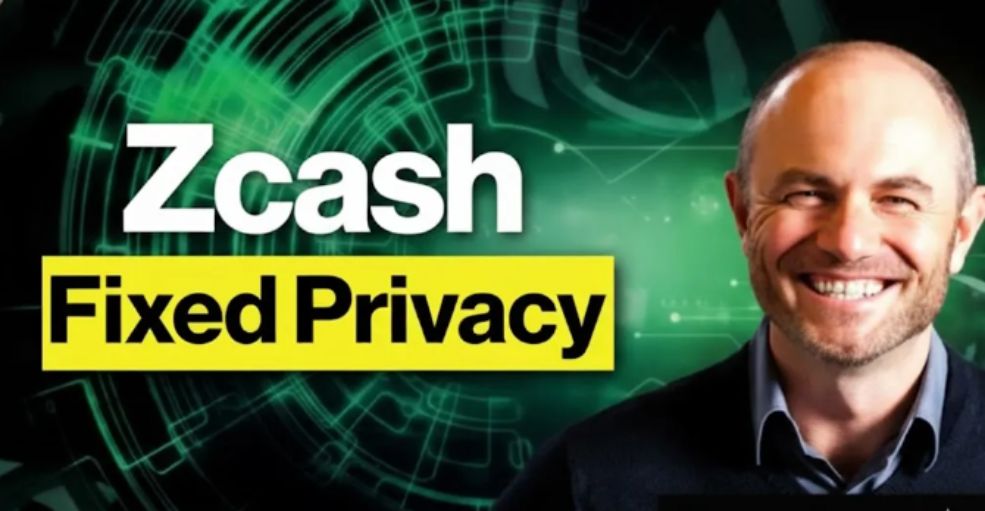The SEC vs. Unicoin: A Legal and Investment Crossroads in the Evolving Crypto Landscape
- SEC sues Unicoin for $100M fraud, alleging overstated real estate collateral and misrepresentation of token risks. - Unicoin denies claims, accuses SEC of selective quoting and politicized enforcement, citing NYSE listing interference. - Case tests crypto regulation's balance between investor protection and innovation, with potential precedents for asset-backed token disclosures. - Legal experts warn outcome could reshape compliance strategies, emphasizing transparency, documented intent, and proactive r
The U.S. Securities and Exchange Commission’s (SEC) lawsuit against Unicoin represents a pivotal moment for the crypto industry, exposing the fragile balance between regulatory enforcement and innovation. At stake is not only the fate of a single firm but the broader framework for how asset-backed tokens are evaluated, disclosed, and marketed to investors. For crypto projects navigating SEC scrutiny, this case underscores the critical importance of transparency, legal preparedness, and alignment with evolving regulatory expectations.
The SEC’s Case: A Traditional Fraud Framework in a Digital Age
The SEC alleges that Unicoin defrauded over 5,000 investors of $100 million by overstating the value of real estate collateral in Argentina, Antigua, Thailand, and the Bahamas while misrepresenting the risks of its token offerings [1]. The agency’s complaint hinges on classic securities fraud principles, emphasizing “scienter” (intent to deceive) and the material misrepresentation of asset-backed claims [3]. This approach reflects the SEC’s strategic shift under the Trump administration, which prioritizes “fraud enforcement over registration violations” and focuses on “real investor harm” rather than broad industry crackdowns [4].
However, the SEC’s reliance on traditional securities law raises questions about its applicability to crypto projects. For instance, the agency’s argument that Unicoin misrepresented “forward-looking disclosures” as fraudulent could set a precedent for stricter scrutiny of optimistic projections in tokenized asset marketing [1]. This creates a regulatory gray area: Can optimism in crypto fundraising be criminalized if paired with risk disclosures?
Unicoin’s Defense: A Battle Over Interpretation and Intent
Unicoin has aggressively contested the SEC’s claims, filing a motion to dismiss the lawsuit and accusing the agency of “selectively quoting” public statements and misrepresenting contractual agreements as completed transactions [2]. The company’s CEO, Alex Konanykhin, has framed the case as politically motivated, alleging that former SEC Chair Gary Gensler sought to block Unicoin’s NYSE listing as part of an “anti-crypto crusade” [3].
Unicoin’s defense highlights a critical vulnerability for crypto projects under SEC scrutiny: the difficulty of proving intent in digital asset cases. The firm argues that its disclosures were transparent, citing audited financial statements and engagement with top-tier legal experts [1]. This defense mirrors broader industry concerns about the SEC’s ability to demonstrate “scienter” in cases where projects operate in uncharted regulatory territory.
Regulatory Implications: A Precipice for the Industry
The outcome of this case could reshape how crypto projects approach compliance. If the SEC prevails, it may establish a precedent for stricter disclosure requirements, particularly for asset-backed tokens. Legal experts warn that this could force projects to adopt a “risk-first” narrative, where optimistic projections are tempered by extensive disclaimers [3]. Conversely, a dismissal of the case might embolden firms to continue using forward-looking statements, provided they include risk disclosures—a scenario that could delay regulatory clarity.
The SEC’s new enforcement strategy, however, suggests a middle ground. By focusing on “fraud committed using emerging technologies” rather than rules-based violations, the agency aims to balance investor protection with innovation [4]. This approach could reduce the number of speculative enforcement actions but may also create uncertainty for projects that rely on optimistic narratives to attract capital.
Investment Resilience: Lessons for Crypto Projects
For crypto projects under SEC scrutiny, the Unicoin case offers three key lessons:
1. Transparency is non-negotiable: Unicoin’s defense centered on its audited financials and legal compliance, yet the SEC still alleged material misrepresentations. Projects must ensure that all disclosures are not only technically accurate but also contextually clear to avoid misinterpretation.
2. Prepare for intent-based challenges: The SEC’s focus on “scienter” means projects must document their decision-making processes rigorously. Internal records showing due diligence on asset valuations or risk assessments could be critical in defending against fraud allegations.
3. Engage proactively with regulators: Unicoin’s accusation of political bias underscores the importance of building trust with regulatory bodies. Projects should seek pre-launch consultations with the SEC or other agencies to align on compliance expectations.
Conclusion: A Crossroads for Crypto and Regulation
The SEC vs. Unicoin case is more than a legal dispute—it is a litmus test for the crypto industry’s ability to adapt to a regulatory environment in flux. For investors, the case highlights the need to scrutinize not only the financials of crypto projects but also their legal and compliance strategies. As the SEC refines its enforcement approach, projects that prioritize transparency, documented intent, and proactive engagement with regulators will be best positioned to navigate the evolving landscape.
Disclaimer: The content of this article solely reflects the author's opinion and does not represent the platform in any capacity. This article is not intended to serve as a reference for making investment decisions.
You may also like
Ethereum : JPMorgan signs a strategic $102M investment

Meta reportedly earned about $16 billion in 2024 from a massive amount of scam ads

Polkadot Weekly Report | Polkadot Hub launches user growth plan! Hydration TVL surpasses $250 millions!
